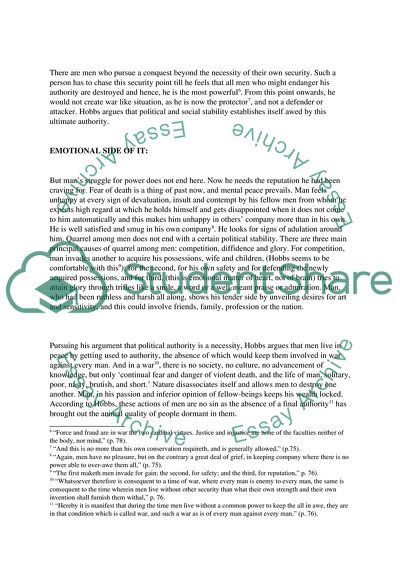Cite this document
(“Men By Nature Are Equal: Hobbes Works Analysis Essay”, n.d.)
Retrieved from https://studentshare.org/philosophy/1535390-men-by-nature-are-equal-hobbes-works-analysis
Retrieved from https://studentshare.org/philosophy/1535390-men-by-nature-are-equal-hobbes-works-analysis
(Men By Nature Are Equal: Hobbes Works Analysis Essay)
https://studentshare.org/philosophy/1535390-men-by-nature-are-equal-hobbes-works-analysis.
https://studentshare.org/philosophy/1535390-men-by-nature-are-equal-hobbes-works-analysis.
“Men By Nature Are Equal: Hobbes Works Analysis Essay”, n.d. https://studentshare.org/philosophy/1535390-men-by-nature-are-equal-hobbes-works-analysis.


